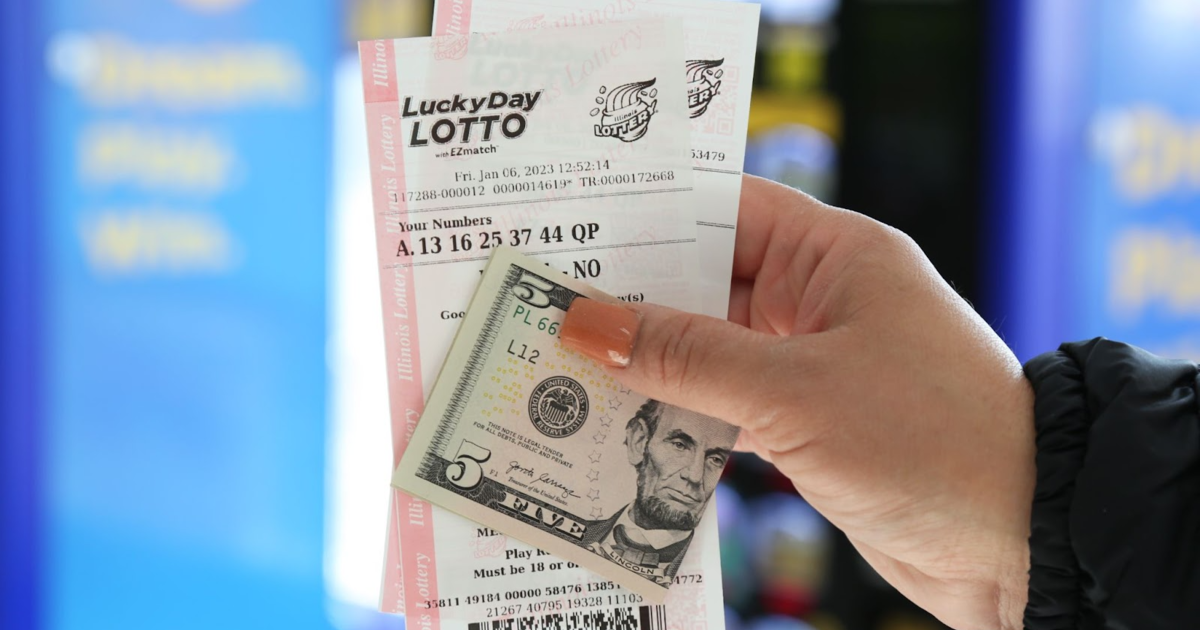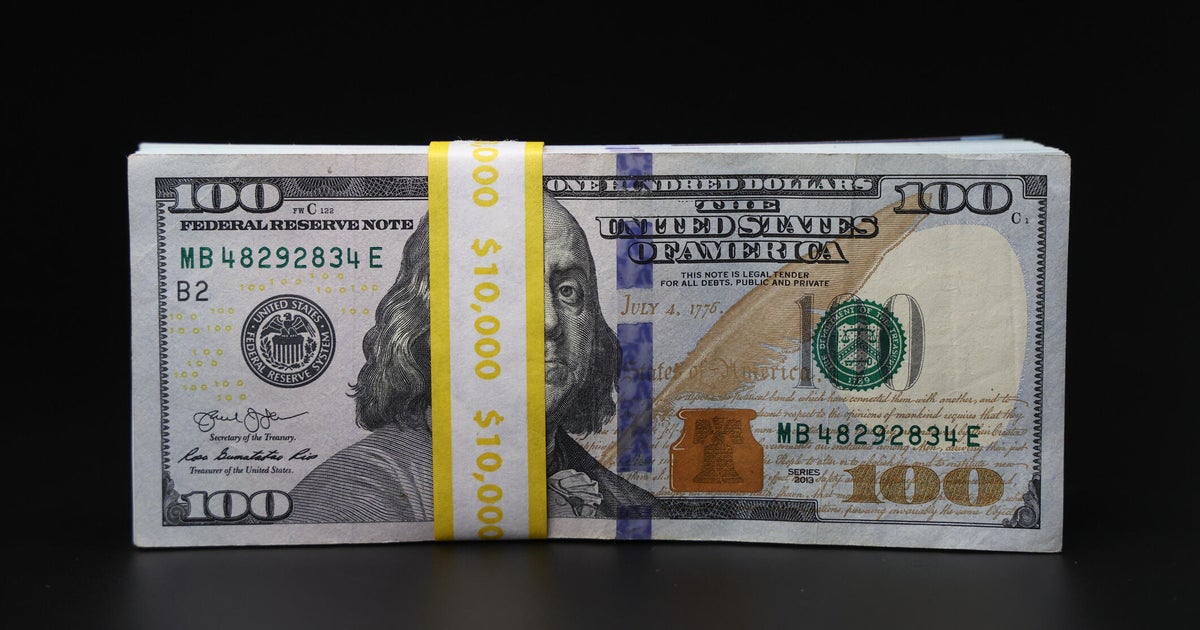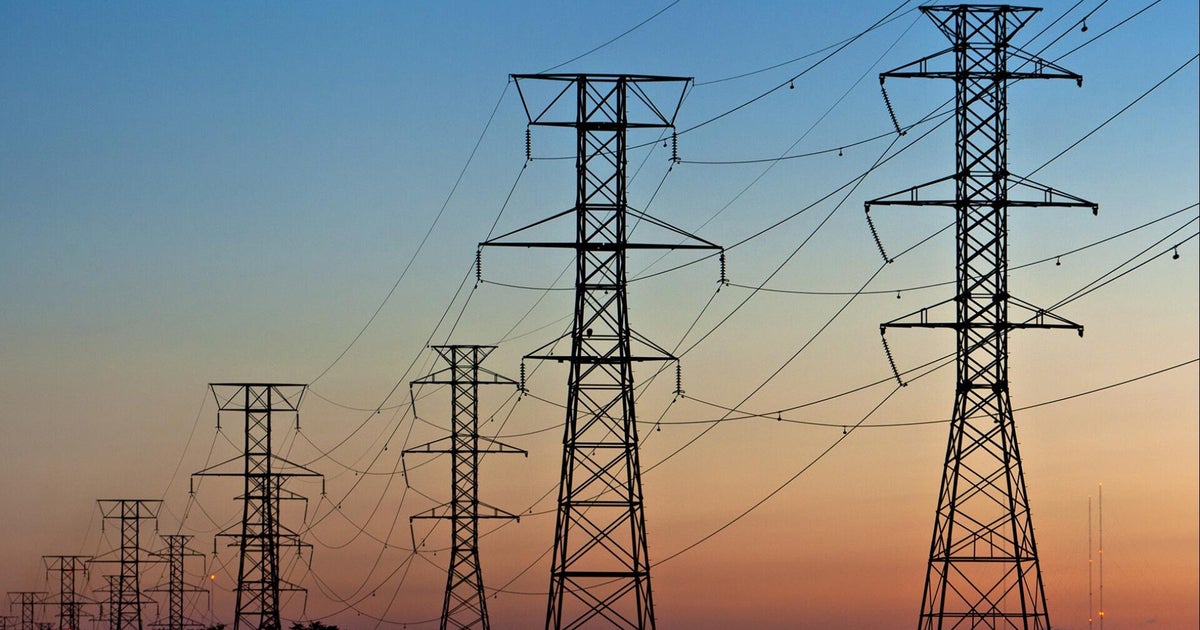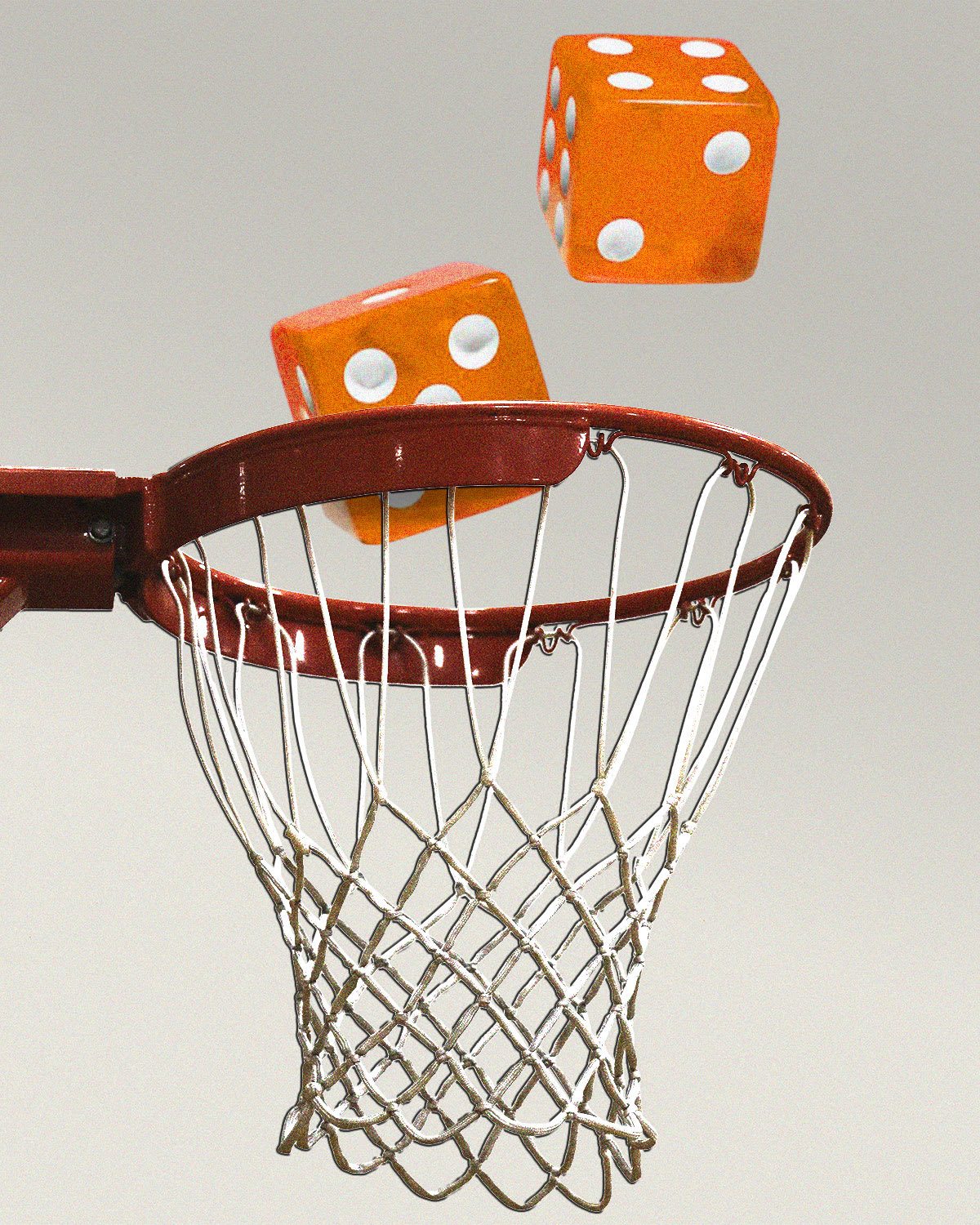How to save money while playing the lottery
Americans aren't known for saving—most of us wouldn't be able to cover a surprise $500 expense. Just last month, consumers spent $16 million gambling on sports games -- in a single state.
For ex-venture capitalist Matt Cohen, that's an opportunity. Cohen is the co-founder of Grand, an app that looks like playing the lottery but is designed to convince Americans to save more.
"It's really fun to spend," Cohen told MoneyWatch. "Saving is miserable; it's like going to the dentist. So we thought: Can we make saving feel more like spending?"
The first step is to link your bank account to Grand's app. Next, you specify how much money you want to set aside a week. Each saved dollar equals an entry in the sweepstakes, and users receive extra entries for referring friends and reaching financial milestones, like paying off debt.
Technically, you don't need an account to enter: according to Grand's rules, you can also enter by hand-writing your information on a postcard mailed to Grand's headquarters.
So far, Grand has given away prizes between $2 and $1,000, but in October the app will roll out a $25,000 giveaway each week, Cohen said.
A $100 prize
Kevin Mattice, a 28-year-old software engineer, won $100 on Grand last month. After he filled out a form to verify his identity, a process he described as "a bit of a pain," the money went straight into his bank account.
Mattice appreciated the extra cash, but, in a phone interview with CBS MoneyWatch, he was more excited about the app's automatic saving feature.
"It felt really good to have money in savings that I wouldn't have put there otherwise," he said. "It's easy to see on the app how much you have in there, and that's motivation to continue depositing."
Mattice, who is getting married next year, expects to use Grand to help save funds for the wedding, he said.
1 percent return
Grand offers users a 1 percent return on their savings — less than some online-only banks such as Synchrony, Ally or Goldman Sach's Marcus, but substantially better than the national average of .09 percent, according to Bankrate.
Grand also charges a $2 monthly fee, which means its users need a balance of at least $1,100 to break even on a year's fees. The company funds its prizes through the monthly fee, as well as the slightly higher interest rate it earns from its own bank than Grand pays out to its app users.
Mattice said he doesn't mind the fee because he believes he'd likely pay that much for the convenience of automatic savings deposits, he said. Unlike most Americans, he's also has never played the lottery.
It's those gamblers who are Grand's target demo, rather than people who regularly check for the highest savings interest rate. (Currently that's 2.1 percent, according to Bankrate.)
The app offers "the same exact dynamic [as gambling]. It's fun, and its releases dopamine in a way an interest-rate hike doesn't, said Cohen.
The psychology of gambling
The human propensity to spend rather than save is baked into our behavioral patterns, and exacerbated by a society that makes it easier and easier to hemorrhage money. Even among the minority of workers who have disposable income after paying for necessities, knowing they should save doesn't mean they do.
"Financial education has been studied for a long time, but I don't think it has worked the way people have thought," said Rui Yao, a professor of personal financial planning at the University of Missouri. "People know when they retire they won't have income and they'll need savings. But it's so far in the future, people don't know that it's urgent. But tomorrow, hanging out with friends, that is urgent."
Grand aims to channel that psychology into a good cause: building an emergency savings fund for people who aren't naturally inclined to save. The bells and whistles aim to create positive reinforcement for the app's users, which feeds into what experts know from behavioral science.
"If you gamble and you win, you're more inclined to do more of it," said Yao. "Same thing with investments--if people have gains in the stock market, they're more likely to invest more."
She continued: "If someone is trying to have me download this app and use it, I'd be like, 'Who's funding it? Is it for real?'"
That's the question Cohen says he gets the most. He supplies the answer confidently: He's an investor in the app, along with TransAmerica, the insurance company. The app is FDIC insured, he says; users can take out money at any time and there are no minimums. It's just like any other savings app, but users also get the fun of playing in a lottery-like game.
"We want to connote trust," Cohen said. "If we do our job right, we'll be a mass-market app."



